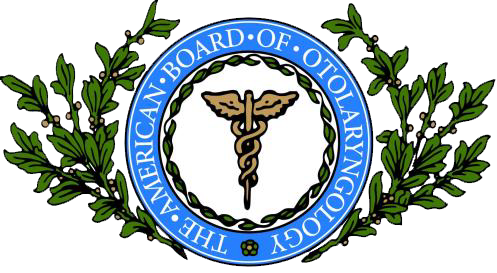
Laryngopharyngeal Reflux (LPR)
Laryngopharyngeal Reflux (LPR) – About
Laryngopharyngeal reflux disease (LPRD): also called heartburn, acid reflux disease, or gastroesophageal reflux disease (GERD). Gastro-esophageal reflux is a burning sensation in the chest that may occur after eating, bending, stretching, exercising, and lying down. GERD occurs when the contents of the stomach travel back up into the esophagus. This can happen when the lower esophageal sphincter (LES) valve, which controls the passage of food from the esophagus to the stomach, fails to close correctly. LPRD can cause hoarseness when stomach acid rises up the throat and irritates the tissues. Usually hoarseness caused by GERD is worse in the morning and improves throughout the day. Laryngopharyngeal reflux (LPRD) occurs when stomach acid rises all the way up to the throat and larynx and irritates the vocal folds. LPRD can happen during the day or night. Some people will have no heartburn with LPR, but they may feel as if they constantly have to cough to clear their throat and they may become hoarse. GERD and LPRD are treated with dietary modifications and medications that reduce stomach acid. LPRD is thought to be one of the potential causes of laryngeal cancer but more commonly may be associated with frequent coughing, throat clearing, excess mucus and phlegm, and the sensation of a lump in the throat.
Laryngopharyngeal Reflux (LPR) – Diagnosis
Diagnosis is usually made based on the findings of irritation or swelling in the throat, more specifically in the back part of the voice box. Most of the time, no further testing is needed to make the diagnosis. If testing is needed, there are three commonly used tests.
A barium swallow study allows the esophagus, stomach, and intestine to be viewed outlined on an x-ray. Another method used to diagnosis LPRD is to pass a specific type of scope through the mouth, down the esophagus and into the stomach. The scope allows the doctor to directly view the inside of the stomach and esophagus. A third test determines the level of acid in the throat.
Laryngopharyngeal Reflux (LPR) – Treatment
Most of the time, LPR is well controlled with medications. Occasionally, surgery is needed in severe cases or those that don’t resolve with medications.
Conditions Treated
Follow us


Your Health Starts Here
"*" indicates required fields
